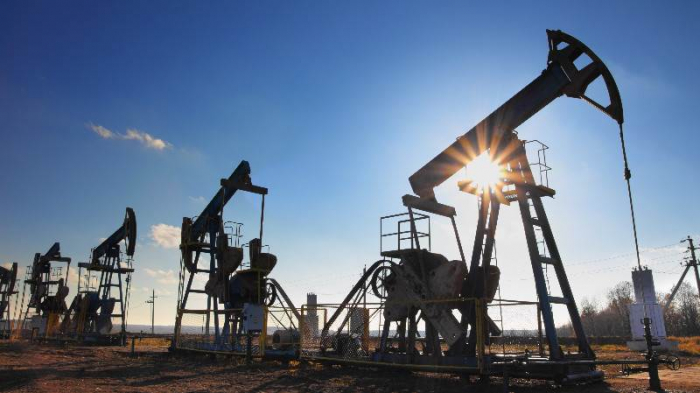At the same time, in a positive sign for fuel demand, more Chinese cities eased COVID-19 curbs over the weekend, though a patchwork easing in policies sowed confusion across the country on Monday.
Brent crude futures were last up 72 cents, or 0.8%, to $86.29 a barrel at 0430 GMT, while U.S. West Texas Intermediate (WTI) crude futures gained 70 cents, or 0.9%, to $80.68 a barrel.
The Organization of the Petroleum Exporting Countries (OPEC) and allies including Russia, together called OPEC+, agreed on Sunday to stick to their October plan to cut output by 2 million barrels per day (bpd) from November through 2023.
Analysts said the OPEC+ decision was expected as major producers wait to see the impact of the EU import ban and Group of Seven (G7) $60-a-barrel price cap on seaborne Russian oil, with Russia threatening to cut supply to any country adhering to the cap.
"While OPEC remained steady on output over the weekend, I expect they will continue to balance the market," said Baden Moore, head of commodity research at National Australia Bank.
"(A) Roll-off of the SPR releases, and implementation of the EU sanctions and price cap act to tighten the market, although we'd expect the market has already positioned for this outlook," he said, referring to the U.S. strategic petroleum reserve.
The European Union will need to replace Russian crude with oil from the Middle East, West Africa and the United States, which should put a floor under oil prices at least in the near term, Wood Mackenzie vice president Ann-Louise Hittle said in a note.
"Prices are currently weighed down by expectations of slow demand growth, despite the EU oil import ban on Russian crude and the G7 price cap. The adjustment to the EU ban and price cap is likely to support prices temporarily," Hittle said.
A key factor that has weighed on demand is China's zero-COVID policy, but that appears to be easing now after protests were followed by several cities, including Beijing and Shanghai, relaxing restrictions to varying degrees.
Hittle added that the EU's looming embargo on Russian oil products, in addition to crude oil, from Feb. 5 should support crude demand in the first quarter of 2023, as the market is short of diesel and heating oil.
More about:















































